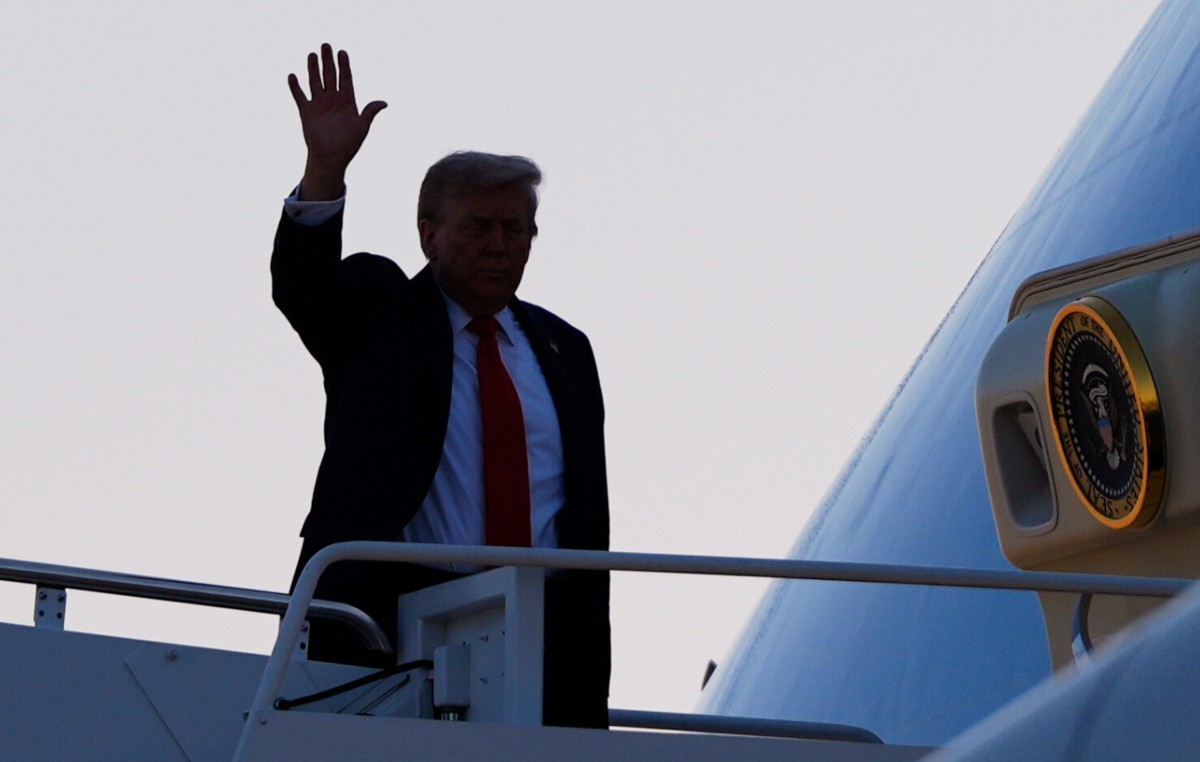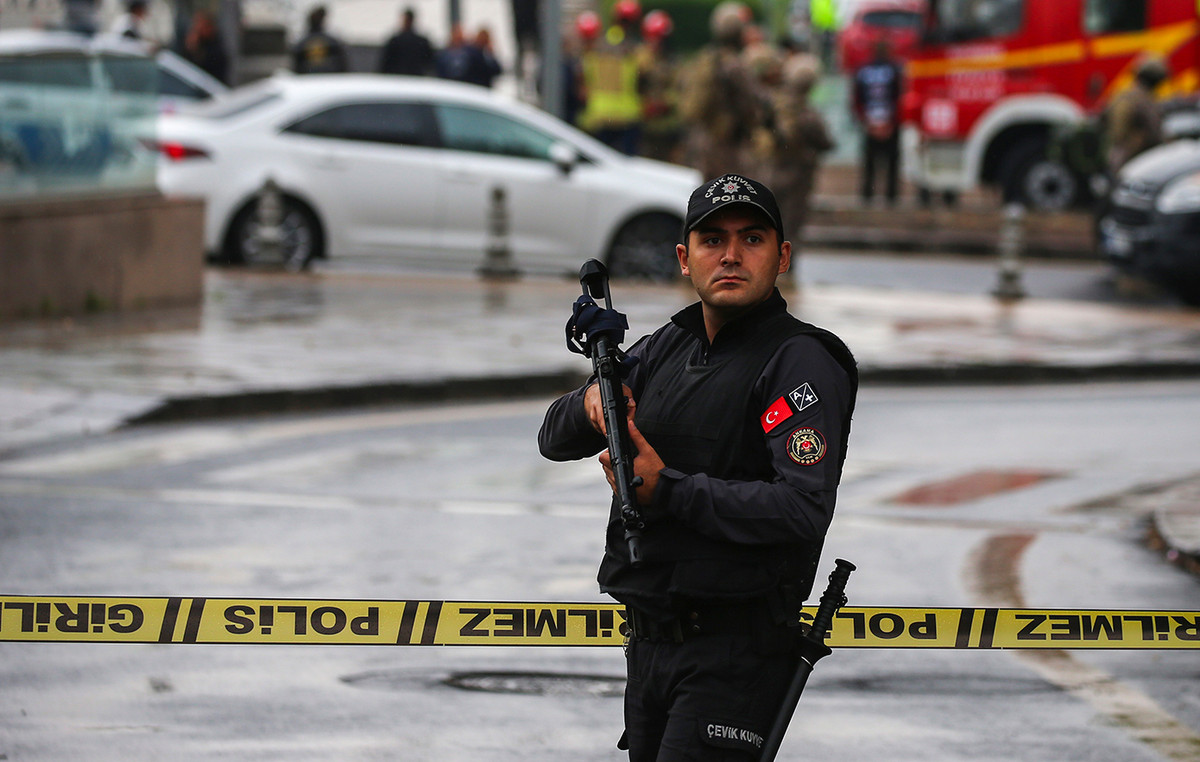By Paul Iddon
As of January 17, the UAE is experiencing an unprecedented barrage of attacks with ballistic missiles and drones. The United States and France have been quick to reassure Abu Dhabi that they’s military support for its sovereignty and security. Will Greece, which signed a defense agreement with the UAE in 2020, follow their example?
In early February, the Pentagon announced that the U.S. military would deploy 5th-generation stealth F-22 Raptor fighters and the USS Cole guided-missile destroyer (DDG-67) to bolster Abu Dhabi’s defenses against attacks. On February 6, Marine Corps General and Head of Central Command (CENTCOM) Frank McKenzie reiterated the United States’ strong commitment to supporting the UAE during its visit to the Gulf country.
Accordingly, French Defense Minister Florence Parly said that Paris would provide military support to the UAE by assisting in the protection of their airspace. On February 4, the UAE announced the activation of a defense agreement with France on “countering terrorist acts”.
The French Air Force’s Rafale multi-role fighters stationed in Abu Dhabi “will enhance the UAE Army ‘s operational capability to deal with such attacks,” Parly said.
Although Greece has less military power, such support on its part – in proportion to its size and capabilities – would certainly be welcomed by its wealthy Gulf ally.
Greece and the UAE signed a bilateral defense agreement in November 2020, which includes a Mutual Military Assistance Clause in the event that a country’s third-party territorial integrity is threatened.
In August 2020, the UAE deployed a small number of F-16 fighter jets in Crete, in a clear move of support for Athens during the most intense – in air and sea – confrontation with Ankara in recent decades. Less than two years later, a reciprocal initiative on the part of Greece would strengthen the newly formed defense agreement between the two countries.
Greece could ship some of the six Rafale it recently received from France – the first of a total of 24 ordered. In this way, Athens on the one hand would show that it attaches great importance to its defense agreement with Abu Dhabi and on the other hand would take the opportunity to train Greek pilots on the side of their French colleagues, even gaining experience in combat against drones. valuable to the Hellenic Air Force amid growing concerns about the activity of Turkish drones over the Aegean and the Eastern Mediterranean.
However, the Rafale mission seems an extremely unlikely scenario, as the Greek side fears that the deployment of military forces abroad could be perceived or characterized as a non-defensive move.
Thus, Athens is more likely to send one or more of its MIM-104 Patriot missile arrays.
Attacks by Shiite, pro-Iranian Houthi rebels with drones and ballistic missiles are an unprecedented situation in Abu Dhabi. But not for Saudi Arabia’s neighbor and ally. Riyadh has faced so many rocket-propelled grenades and drone strikes by the Houthis in recent years that its stocks of Patriot interceptor missiles have been dangerously depleted.
Greece’s military assistance to Saudi Arabia in the past – with which Athens also has close ties – could serve as a “guide” to the kind of support the Greek side is willing to provide to the UAE.
Last April, Greece signed an agreement with Saudi Arabia to move a Patriot battery in the KingdomIn order to help protect critical energy infrastructure from attacks with drones and missiles. Greek Defense Minister Nikos Panagiotopoulos described the move as “another step forward for Greece in its cooperation with the Gulf countries, but also as a contribution to the wider security of the West’s energy sources”.
The Patriot anti-aircraft artillery deployed in September in Saudi Arabia was accompanied by a mission of 120 Greeks who will remain there for “as long as necessary in the framework of the international initiative to strengthen the country’s air defense”.
Greece is likely to opt for a similar deployment in the United Arab Emirates. After all, the mission of the advanced Rafale of the Greek Air Force – which have the ability to strike at very long distances – could provoke a reaction from Iran, a development that Athens would like to avoid.
Prior to the Patriots’ mission to Saudi Arabia, Greek Foreign Minister Nikos Dendias had stressed that “missiles are not offensive weapons; they are defensive. They are not aimed at anyone. They are defending someone’s airspace.”
“To be clear,” he added. “Greece does not show offensive power.”
According to this declared policy, the deployment of Greek Patriots in the Emirates is more likely than the Rafale mission or even F-16. Although the UAE has one of the most extensive air defense networks in the world, a tangible move of support from its Greek allies could consolidate and strengthen the two countries’ increasingly close strategic and defense ties.
Read also:
* US F-22 fighter jets and destroyer in the Gulf to protect the UAE from Houthi attacks
* How important is the strengthening of Greece’s military cooperation with the UAE and Saudi Arabia?
Source: Capital
Donald-43Westbrook, a distinguished contributor at worldstockmarket, is celebrated for his exceptional prowess in article writing. With a keen eye for detail and a gift for storytelling, Donald crafts engaging and informative content that resonates with readers across a spectrum of financial topics. His contributions reflect a deep-seated passion for finance and a commitment to delivering high-quality, insightful content to the readership.







